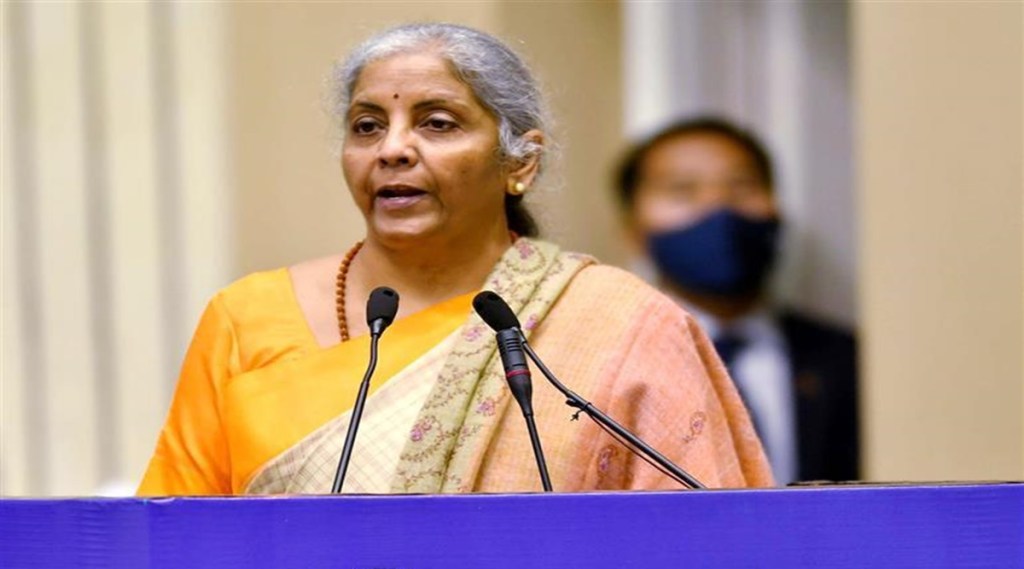By Vaibhav Agrawal
The Union Budget 2021 was a hallmark event, and all eyes were glued to it as it was the budget after the first COVID-19 wave created havoc in the Indian economy. The Finance Minister Nirmala Sitharaman had the daunting task of reviving economic growth along with keeping a check on deficits. That being said, with direct tax collection of Rs 9.5 lakh crores and GST collections of Rs 10.7 lakh crores till December 2021, this is one of those rare years for the Indian economy where our fiscal deficit situation is better than estimated. All these stats have now set the stage for the Union Budget 2022 amid the Omicron wave!
From production-linked incentive schemes to simplification of the tax regime, here’s what you can expect from the upcoming Union Budget 2022:
Spending on Infrastructure and CAPEX
Due to better than estimated tax collection numbers, the government will have significant headroom for pushing investments. The government will entice the private sector to spend on infrastructure and capital expenditure plans as these actions have a multiplier effect on the economy. The government itself might take various infrastructure projects to revive growth.
Incentives to Promote Local Manufacturing
Investors can expect loads of incentives for various sectors such as green energy, electric vehicles, semiconductor manufacturing, and the ethanol blending program. These sectors are going to help India combat climate change and adhere to the Prime Minister’s aim to achieve net-zero carbon emissions by the year 2070. As these sectors are focused in the right direction, they are bound to receive incentives to manufacture locally.
Make In India to Continue
With the Aatmanirbhar Bharat mission, India is charting its journey to becoming self-reliant in the manufacturing of various goods and services. In this regard, investors can expect that the production-linked incentive schemes will continue to be provided to sectors where India lacks a manufacturing base. Over the last year, several sectors such as white goods, pharmaceuticals, and semiconductors have been incentivised with this scheme to encourage local manufacture.
Disinvestment Policy to Remain in Force
Tata Group winning the Air India bid was a huge success for the Indian government. While market participants are now waiting for the Life Insurance Corporation of India’s disinvestment, which would fetch the government a handsome amount of money, further such strategic stake sales will continue. With Bharat Petroleum Corporation Limited (BPCL) and Shipping Corporation of India (SCI) Limited’s awaited privatisation, the government will keep its disinvestment engine running.
Something for the Realtors
After passing through milestone events such as the introduction of GST and the Real Estate Regulation (RERA) Act, the real estate sector has started to stabilise. Booming sales by realtors helped them repay much of their debt in the previous year. On account of lower stamp duties, Mumbai saw record registrations by homebuyers during the last year. And as the sector enters an upcycle, something can be expected here, as it will help generate jobs and income in numerous other sectors.
Simplification of the Tax Regime
With two different personal income tax brackets introduced last year the government in the upcoming budget will aim to simplify certain aspects of the new tax regime in a bid to ease tax filings for individuals.
Something for Rural India
The second COVID-19 wave took even rural India in its stride. As a result, individuals and businesses suffered heavily. In this context, we can expect some steps from the government that will aim to help the agriculture sector and the MSMEs in reviving their incomes.
In a nutshell, market participants expect the upcoming budget to be growth-oriented and CAPEX led. Income reviving steps for the rural economy is something that can’t be ignored. The government’s disinvestment plan is supposed to remain ongoing, which can provide much-needed cash receipts and bring in financial stability.
(Vaibhav Agrawal is Chief Investment Officer at investment advisory firm Teji Mandi, a subsidiary of Motilal Oswal Financial Services. The views expressed are author’s own.)

